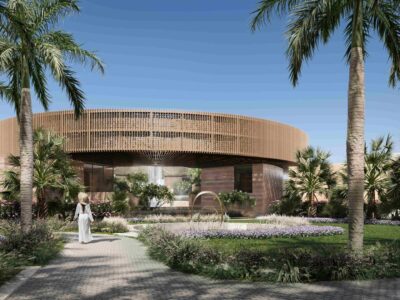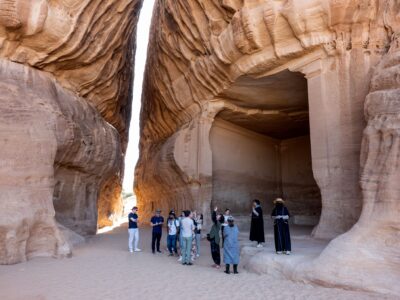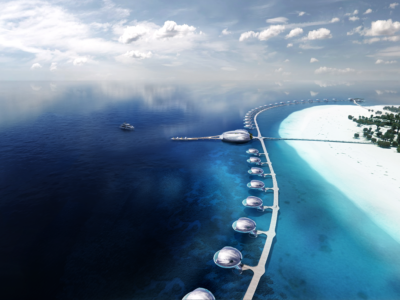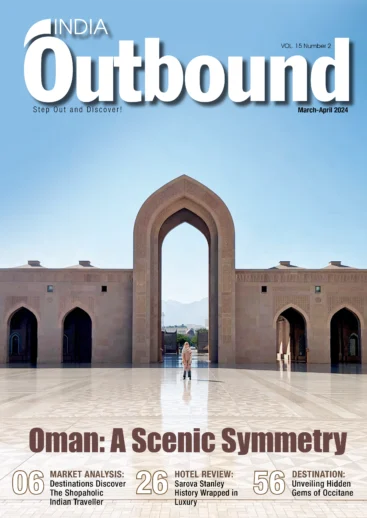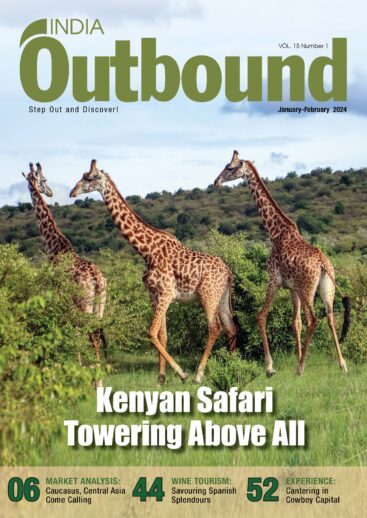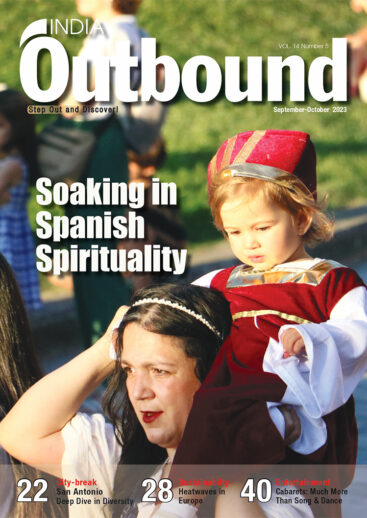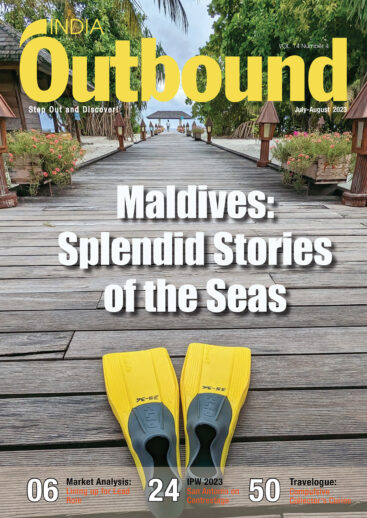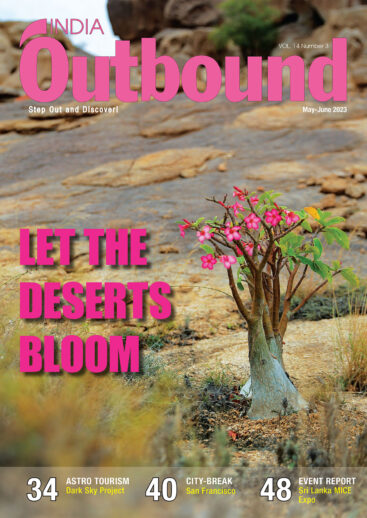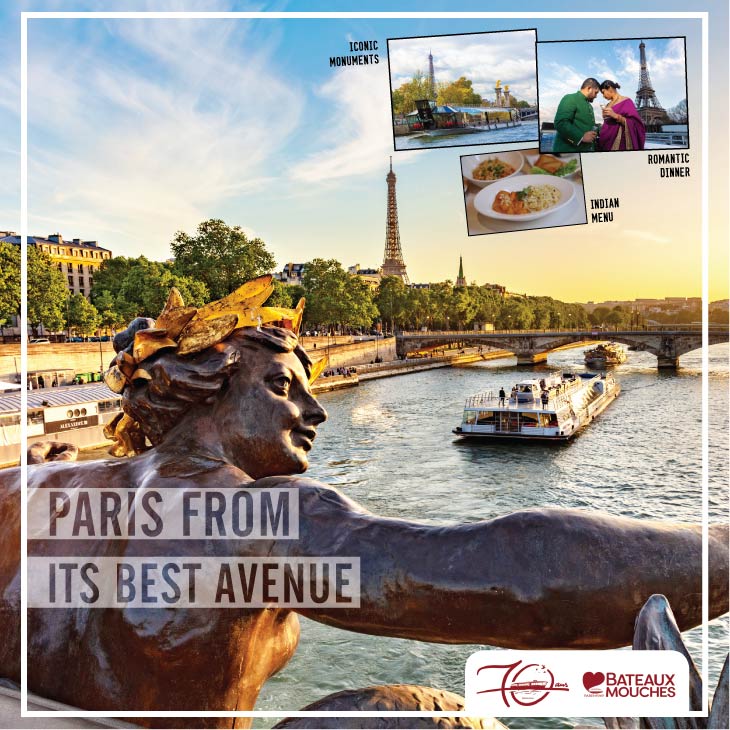
Light pollution is one of the most harmful forms of human-induced pollution for biodiversity
As the world marks the Earth Day to promote sustainability and ecological conservation, Saudi Arabian tourism development project being developed by Red Sea Global has set a new benchmark for other tourism sites in the region by becoming the first certified dark-sky destination in the Middle East.
In a press statement, the tourism site says that across the globe, there is an uptick in programmes and initiatives to protect dark skies at night, with a renewed focus on the effects of light pollution on local environments. The desert landscape in Saudi Arabia remains one of the few places with unaffected dark skies and few private corporations are doing as much to preserve these areas of natural beauty as Red Sea Global.
The statement adds that driven by a commitment to local communities, ecologies, and biomes, it is set to become the only certified ‘Dark Sky Reserve’ in the Middle East.
The company says that it nurtures and values the connection between the stars and humanity due to their profound significance in Arabian culture that dates back to nomadic peoples relying on the night sky to illuminate their journeys. Taking it one step further, the destination works closely with this world-leading non-profit organization to develop new lighting benchmarks for the hospitality industry.
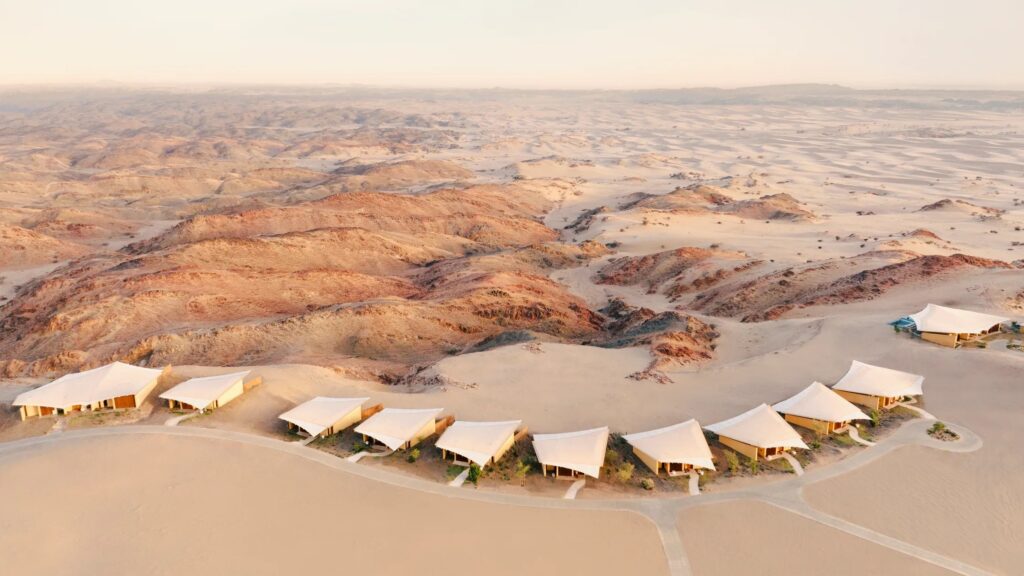
The newly opened Six Senses Southern Dunes is also implementing innovative lighting strategies
It adds that spearheading a ‘nature first’ approach, its luxury resorts, including the newly opened Six Senses Southern Dunes, are implementing innovative lighting strategies that provide enough sustainable lighting for guests to comfortably and luxuriously explore the property. Without emitting harmful levels of light, the property makes use of programmable digital lighting control systems in conjunction with astronomical timers to allow the artificial lighting to adapt to environmental seasonal changes. The strategic use of lighting optics to control and reduce the light and pollution to almost zero across the entire development area offers vital protection to the surrounding wildlife.
The statement adds that set against the backdrop of one of the world’s least explored deserts, guests can experience astrophotography sessions, campfire storytelling and stargazing excursions, with the chance to spot the Milky Way, a celestial wonder now obscured from view for one-third of the global population due to light pollution. Looking ahead, Red Sea Global will work on the existing conditions of villages and neighboring cities to reduce the sky glow and operate more sustainably by upgrading their external lighting, it adds.
It says that reducing light pollution not only helps to keep the dark sky pristine but also protects both nocturnal and diurnal wildlife. Countless endemic creatures in the region exhibit natural photoperiodic behavior, meaning their responses are influenced by daily, seasonal, or annual cycles of light and darkness. Light pollution can be incredibly damaging to these animals as they depend on natural light and darkness for survival.
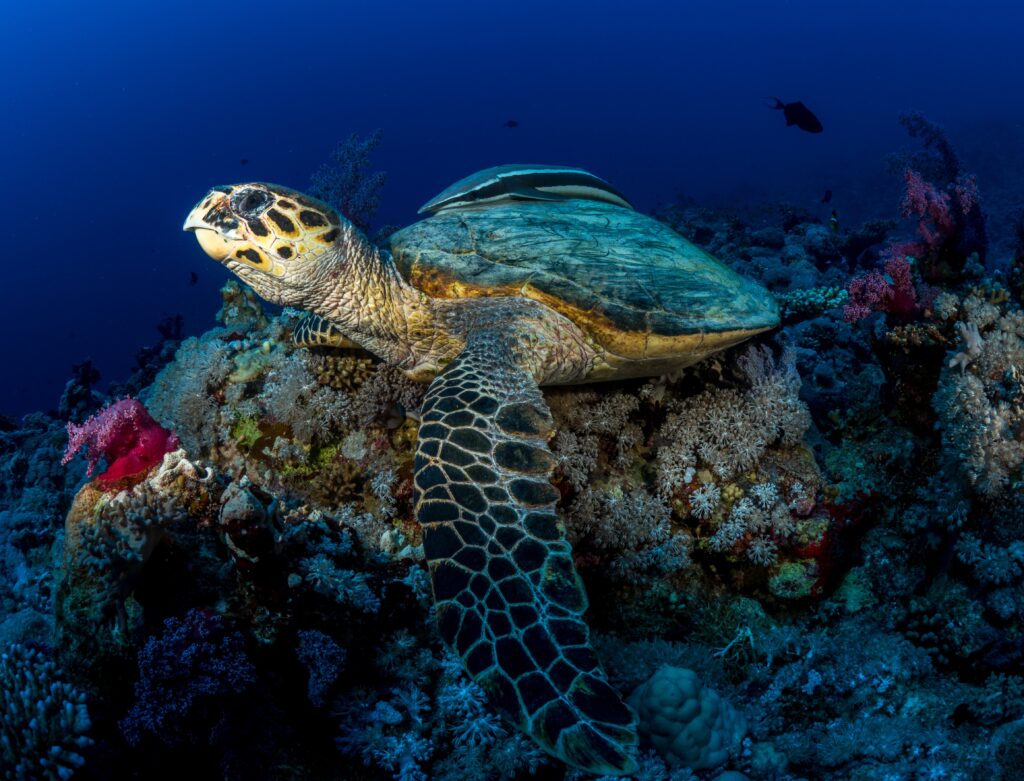
Hawksbill Sea Turtle is a critically endangered species
The company says that a prime example of this is the Hawksbill Sea Turtle, a critically endangered species, that faces the detrimental impacts of light pollution during a particularly poignant time of its life cycle when nesting and hatching along the shores of the Red Sea.
As they rely on the moonlight to guide them toward the ocean after hatching, excessive artificial light can deter nesting attempts or cause nesting site abandonment, hindering the reproductive success of this already endangered species.









